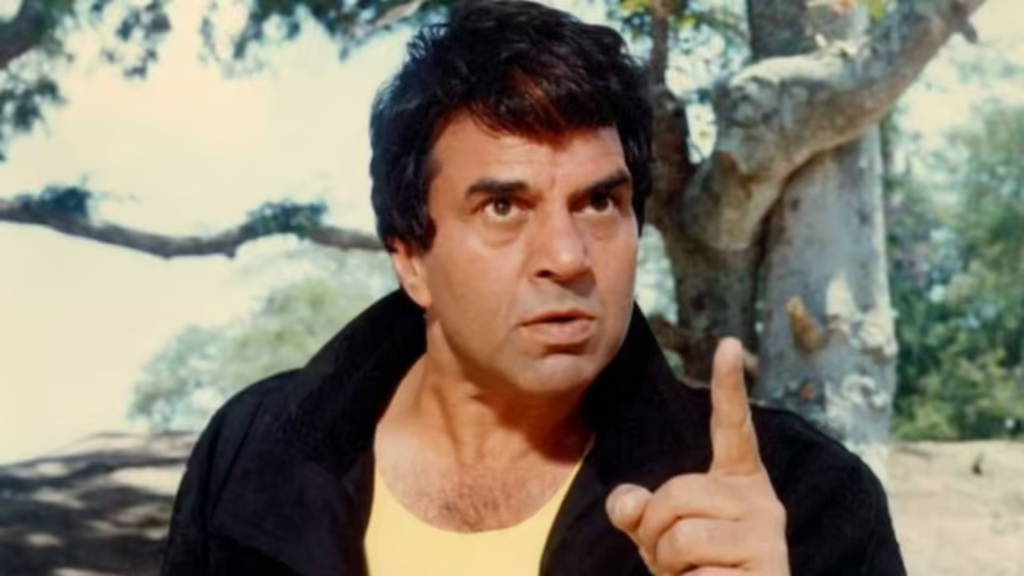Now Reading: Priya Kapur Defends Sunjay Kapur’s Will, Dismisses Objections Over Minor Errors
-
01
Priya Kapur Defends Sunjay Kapur’s Will, Dismisses Objections Over Minor Errors
Priya Kapur Defends Sunjay Kapur’s Will, Dismisses Objections Over Minor Errors

Priya Kapur, widow of the late industrialist Sunjay Kapur, has approached the Delhi High Court to uphold the validity of her husband’s will, rejecting claims that minor errors in spellings and addresses could invalidate it. Her move comes amid a legal dispute with Karisma Kapoor’s children, who had challenged the document. The case underscores how even small technicalities are being debated in high-profile inheritance matters.
Upholding the Will
Priya Kapur argued that minor discrepancies in spellings or addresses do not undermine the intent of the will. She emphasized that Sunjay Kapur had clearly expressed his wishes, and these errors are administrative rather than substantive. Legal experts note that Indian courts generally prioritize the testator’s intent over minor clerical mistakes, particularly when the will’s instructions are clear.
Legal Challenge by Karisma Kapoor’s Children
Karisma Kapoor’s children had contended that errors in the will could cast doubt on its authenticity. They claimed that such discrepancies might make it legally void, potentially affecting their inheritance claims. Priya Kapur’s response highlights her determination to preserve her husband’s final wishes and prevent challenges based on trivial issues.
Broader Implications
The dispute illustrates the importance of careful documentation in estate planning, especially for high-value assets. In Tier 2 cities and smaller towns, families can learn from this case about ensuring precision in legal documents to avoid unnecessary disputes. Courts, however, have often leaned toward honoring the testator’s intentions over minor clerical flaws.
Conclusion
Priya Kapur’s firm stance reinforces the principle that the intent of the deceased carries the most weight in inheritance disputes. As the case unfolds, it serves as a reminder of the significance of clear documentation while showing that minor technical errors are unlikely to overturn genuine last wishes in the eyes of Indian law.

























